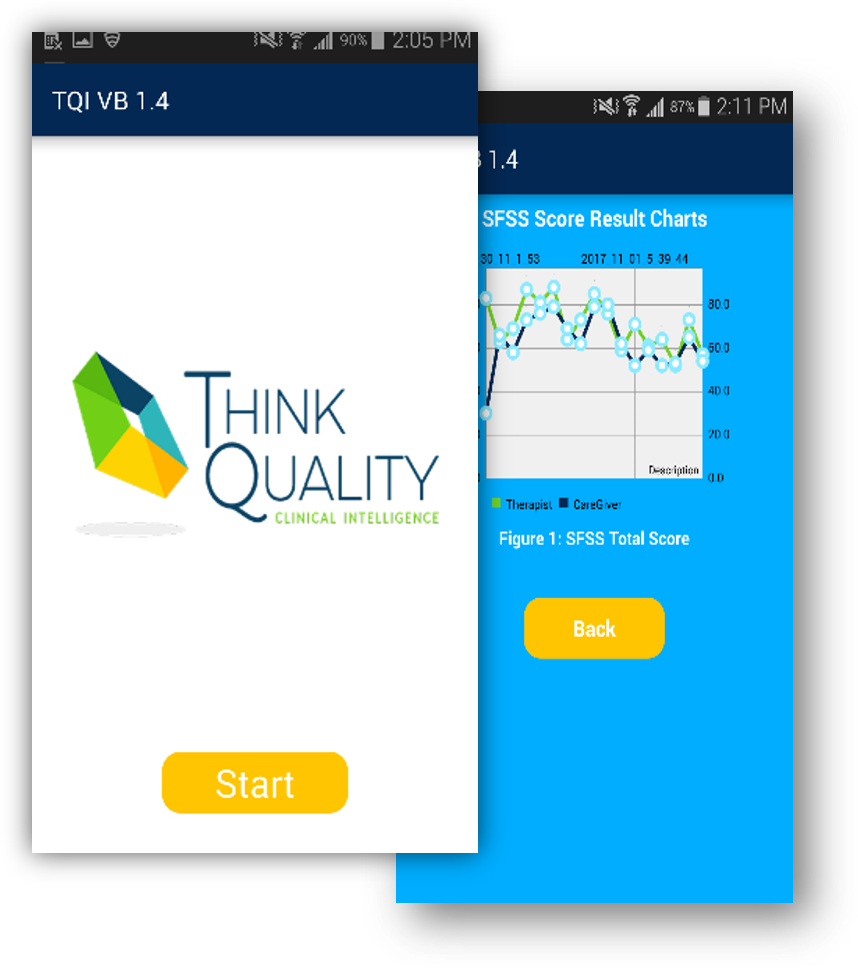TQ Intelligence – AI Driven Mental Health App
Background
TQI emerged from our passion for community mental health and commitment to equity. Leveraging years of expertise in voice AI, large language models and computational psychology, we address real-world challenges, closing the behavioral technology divide for low-income communities and shaping a more inclusive mental health future.
Objective
App Maisters collaborated with TQIntelligence to create an AI-driven mental health app that uses voice biomarkers to assess emotional disorders. The app improves accessibility for at-risk youth, supports clinicians with real-time insights, and bridges gaps in behavioral healthcare.
Solution
App Maisters designed and developed the platform which offered the following features to meet client objectives:
- The application integrates tailored questionnaires for caregivers/parents and therapists, streamlining the assessment process and ensuring comprehensive data collection.
- Enabled patients to record audio responses, providing additional insights into their progress and enabling therapists to better understand their needs.
- AI algorithms to analyze the collected data, identifying patterns, trends, and areas of improvement in patient responses.
- By combining questionnaire responses and audio recordings, Platform offered therapists deeper insights into patient behaviors, emotions, and progress over time.
- Presented patient progress in statistical and graphical formats, making it easier for therapists to visualize trends, track improvements, and adjust treatment plans accordingly.

Results
The implementation of the platform offered several benefits to therapists and patients alike:
- Streamlined assessments and automated data analysis save therapists time and effort, allowing them to focus more on patient care.
- AI-driven analysis provides accurate and reliable insights into patient progress, helping therapists make informed decisions about treatment strategies.
- By visualizing patient progress and identifying areas for improvement, TQ Intelligence enhances the effectiveness of therapy interventions and promotes better outcomes for patients.
- The inclusion of caregivers/parents in the assessment process and the use of audio recordings increases patient engagement and motivation, leading to more productive therapy sessions.
- Platform allowed therapists to adapt treatment plans in real-time based on patient feedback and progress, ensuring personalized and effective care.

